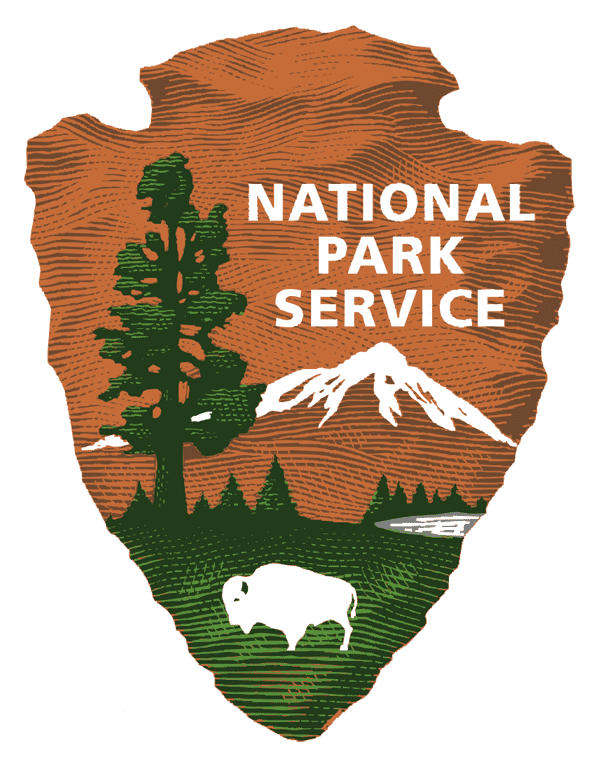Illuminating Shadows Project
To shine a light on those whose stories have been neglected in the shadows of history, we are working to expand the narrative of Fort Monroe to share the significance of this land to many diverse communities. This particular project aims to share the stories of the many Black people, both free and enslaved, who constructed the walls of the Fort, served in the military as soldiers or civilians, were employed through private enterprise, or lived and grew up on Old Point Comfort from 1619 to the present.
Collections and Research
The Fort Monroe Authority collects and cares for objects and archival materials representing the history of the inhabitants of the land currently occupied by the Authority. This point of land offered particular possibilities for varied communities: abundance for some, professional opportunities for others, and for much of its most recent history, strategic defense. We aim to facilitate public access to a collection as complex and diverse as the story of Old Point Comfort and Fort Monroe.
Archives and Artifacts
Our collection consists of items gifted by the U.S. Army, those acquisitioned from donors and vendors, and materials discovered at Fort Monroe (both above ground and below—or underwater!). The strength of our holdings lies in the material culture of the 19th and 20th century (and on into the 21st) associated with the military installation. We house materials representative of the lives (both professional and recreational) of folks associated with the isthmus known today as Old Point Comfort. This includes material culture, photographs, documents, correspondence, and more.
Museum collections are not static, and the Fort Monroe Authority is no exception! We endeavor to tell a complex, robust story which encompasses hundreds (if not thousands) of years, and an incredible number of communities across time. We at the Fort Monroe Authority recognize that our collections are not representative of all peoples who lived and worked in the area. For this reason, we are particularly interested in, but not limited to, donations representing Black, Indigenous, and People of Color (BIPOC), women, and the LGBTQIA+ community.
If interested in making a donation, please complete our donation form and email to msm.edu.interp@fortmonroe.org with the subject line “Donation Form.”
Archaeological Collection
The Fort Monroe Archaeological Collection is a separate collection of artifacts recovered during ground disturbing activities conducted on post; these artifacts are housed at the Fort Monroe Archaeological Laboratory, and may be seen on display at the Casemate Museum, the Visitor and Education Center, and elsewhere on Fort Monroe. Records of the Collection are housed at the Fort Monroe Archaeological Laboratory, and may be accessed for research purposes through permission granted by the Fort Monroe Authority, and copies of archaeological reports generated at Fort Monroe may be accessed through the Commonwealth of Virginia Department of Historic Resources.
Visitors are reminded that it is illegal to remove artifacts, from either above or below the surface, or from the nearby waterways, from Commonwealth or Federally managed land without the proper permits. Anyone who finds any kind of artifacts while on Fort Monroe, its beaches, or in the waters nearby must notify the FMA or National Park Service immediately so they can be properly recorded. Furthermore, please remember that it is illegal to utilize metal detectors, dig anywhere below the surface of the grounds, including along the embankments of the Pet Cemetery, without the proper permits.
Oral History Program
In addition to our tangible collection, we are embarking upon the collection of living history in the form of individual accounts. We wish to actively collect the Oral Histories of those with a connection to Fort Monroe, including members of the military and their dependents, civilians who worked on Old Point Comfort over the years, and members of the nearby communities whose proximity to Fort Monroe has affected their lives. Oral histories are particularly useful sources for understanding the histories of people whose contributions to the area have been ignored or excluded from written and previously collected sources.
Those who wish to share their experiences should complete either our Biographical Form for Military or our Biographical Form. Please indicate at the bottom whether you’re interested in completing an oral history interview and/or donating to our collection. Completed forms can be emailed to msm.edu.interp@fortmonroe.org with the subject line “Bio Form.”
Researchers
Anyone interested in submitting an inquiry or research request can fill out our Research Request form. Forms can be sent to our Visitor and Education Center at 30 Ingalls Road, Fort Monroe, VA 23651 or emailed to researchrequest@fortmonroe.org.
For those interested in conducting research at our research room, please email researchrequest@fortmonroe.org in order to chat with our archivist about your research interests and schedule an appointment. Our research room is open for scheduled appointments Monday through Friday from 9:30AM – 4:30PM.
If you cannot access any of the above forms, please call 757-690-8181 to speak to someone about your request.
All forms are also available at our Visitor and Education Center at 30 Ingalls Road, Fort Monroe, VA 23651.





